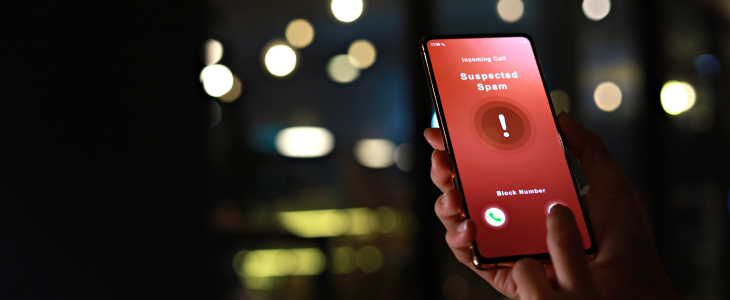
Protecting Yourself from Robocall Scams
Many people receive phone calls from scammers on a near-daily basis. These calls are more than just an annoyance. While many robocalls seem obviously fraudulent, even the most cautious person may be reeled in by one of the more sophisticated scams out there. More vulnerable people, such as older adults, might...
How to Spot and Stop Robocalls
Robocalls in the United States are out of control. In fact, approximately 2,000 robocalls are placed every second. Robocalls, which are prerecorded messages delivered to landlines and cell phones by way of computerized auto dialers, run the gamut from annoying to fraudulent. Luckily, there are several things consumers can do...
How to Spot and Stop Robocalls Continue reading…
Major Telecommunications Companies Combat Robocalls With New Technology
Several major telecommunications companies recently announced that they’ve developed new technology to help combat illegal robocalls. This technology, called STIR/SHAKEN, is a cross-network number verification system that protects consumers from scams and robocalls. This new technology is intended to prevent “spoofing,” which is a process that makes a false number appear on...
Major Telecommunications Companies Combat Robocalls With New Technology Continue reading…
TRACED Act Seeks to Reduce Illegal Robocalls
Robocalls are a huge problem in the U.S. In fact, approximately two hundred million robocalls are made every day. That’s a bewildering statistic. And it also means that you’ve probably received at least one robocall at some point in your life. Robocalls vary from irritating to dangerous, and many people accept these...
TRACED Act Seeks to Reduce Illegal Robocalls Continue reading…